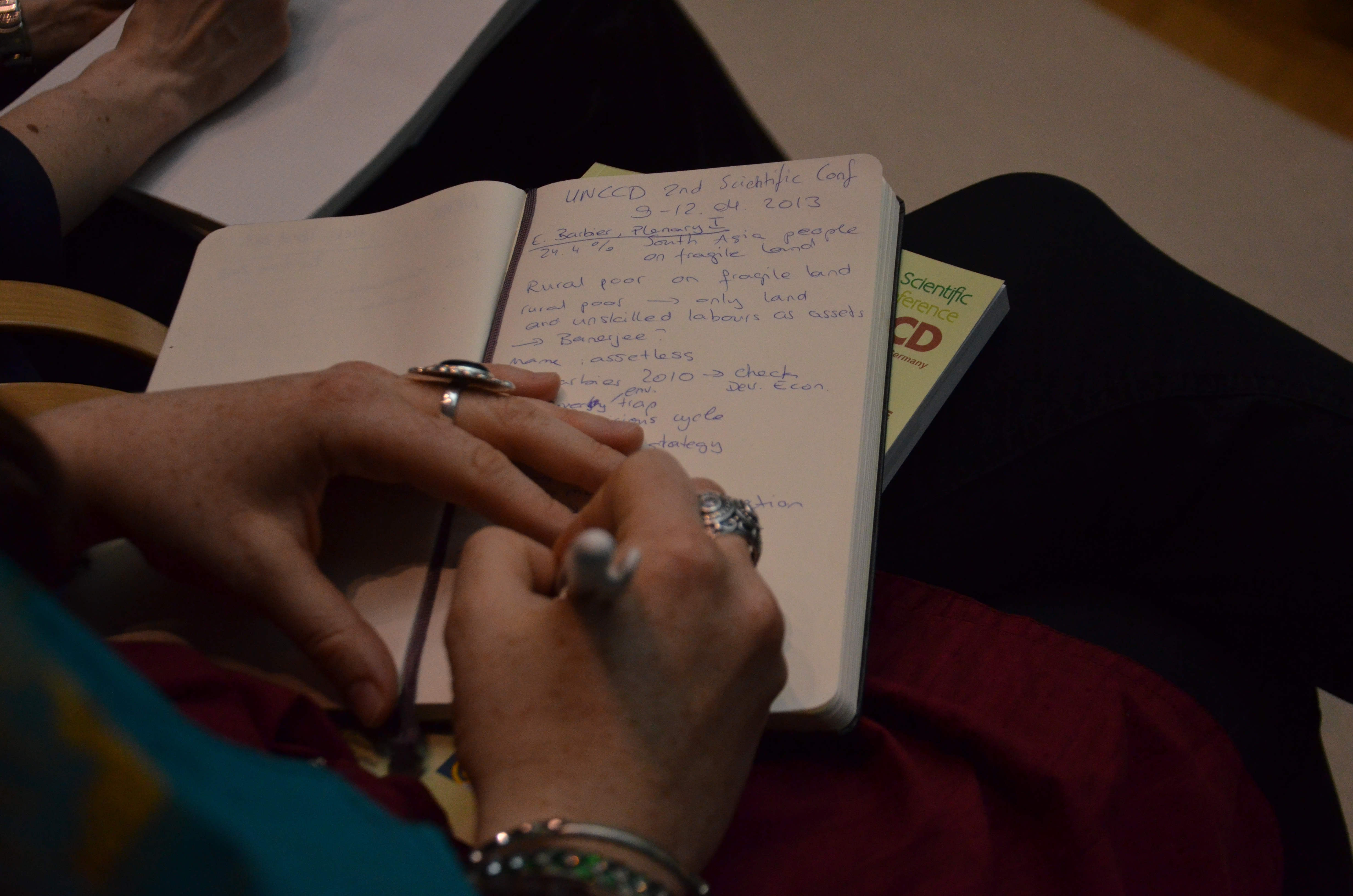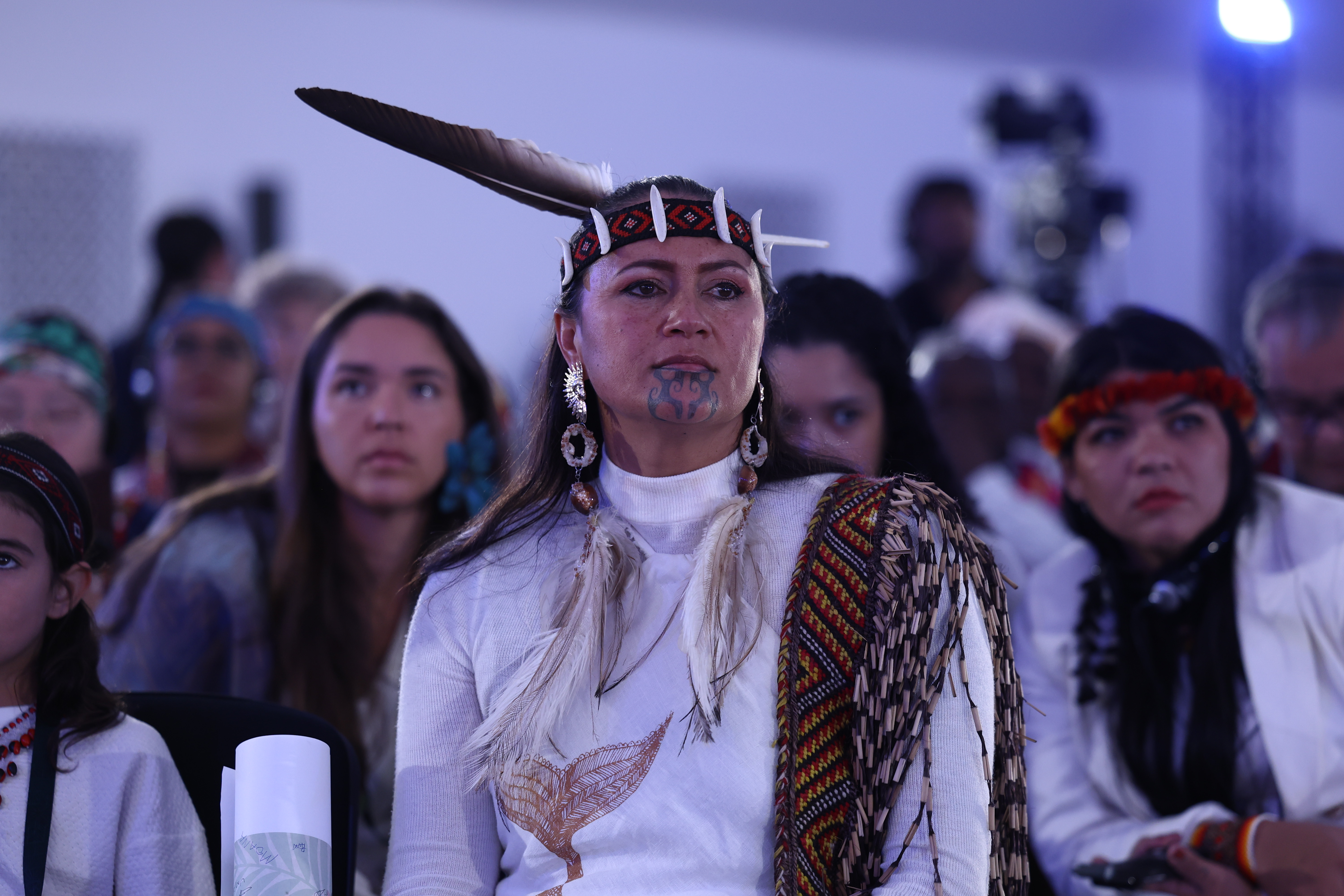5 Key Takeaways for Business Leaders from UNCCD Land COP16
Read more

COP16 of the United Nations Convention to Combat Desertification (UNCCD) took place in Riyadh, Kingdom of Saudi Arabia, from 2 to 14 December. The gathering focused on the need for land restoration, highlighting the importance of soil health, the increasing risk of drought and the impacts of degraded land on migration, geopolitical tensions and food insecurity.

Photo Credit: UNCCD
This land-focused COP garnered the largest business presence in the Convention’s history, reinforcing the imperative for businesses to engage in sustainable land management, invest in restoration efforts and collaborate with diverse stakeholders to build resilience against land degradation and drought.
As the final COP of the year, COP16 brought together climate, nature and land agendas, highlighting increased private sector and civil society participation and the need for a holistic approach to global challenges.
Here are five takeaways for business leaders on what lies ahead for land restoration and drought resilience:
1. Call for Sustainable Practices Across Industries
Industries such as agriculture, fashion and mining were identified as major contributors to land degradation. However, COP16 saw participation from various sectors, including forestry, energy, finance and pharmaceuticals. Business leaders exchanged case studies and lessons learned on sustainable land management, showcasing significant socio-economic benefits and inspiring companies to align their practices with global goals. COP16 fostered collaboration between businesses, local communities and scientists, emphasizing the importance of leveraging traditional knowledge and staying informed on scientific advancements to drive evidence-based decisions and contribute to effective partnerships for land restoration and drought resilience.

Photo Credit: UNCCD
2. Engage with the Business4Land (B4L) Initiative
COP16 highlighted the necessity of private sector involvement in sustainable land use. The Business4Land (B4L) initiative was emphasized as a platform to engage companies and financial institutions in sustainable land and water management around the initiative's three pillars: promoting sustainable practices across business operations, supporting finance solutions and advocating for better land and water management policies.
Read more about B4L and ways to get involved here.

Photo Credit: UNCCD
3. Align Corporate Strategies with the Business4Land Guide
As a part of the B4L Initiative, UNCCD published the "Business4Land Guide: Corporate Disclosures and Target-Setting for Land," assisting companies in developing commitments that promote sustainable land and water management within their operations and value chains in alignment with inclusive growth. Clear, scalable and replicable target-setting will be critical to measuring and managing business impacts on land and support the comprehensive approach to reduce negative consequences of private sector operations.

Photo Credit: UNCCD
4. Increase Financial Commitments for Land Restoration
Significant pledges were made to combat desertification and enhance drought preparedness. The private sector should be aware of this refocusing of priorities by global actors. Notably, the Riyadh Global Drought Resilience Partnership secured over $12 billion to support 80 vulnerable countries. Such investments present opportunities for businesses engaged in sustainable land management and related sectors and signal additional attention toward land impacts in the future.

Photo Credit: UNCCD
5. Adopt a Synergistic Approach across Climate, Nature and Land Goals
The 2024 COPs—UNCCD COP16, CBD COP16 and UNFCCC COP29—demonstrated a unified approach to tackling interconnected global challenges of biodiversity loss, climate change and land degradation. At UNCCD COP16, enhanced multilateral coordination was prioritized, exemplified by a historic decision by the presidencies of the three conventions to align their agendas.
Sustainable food systems, water and wetlands were highlighted as critical areas linking climate and nature actions, which are crucial in implementing the Global Biodiversity Framework.
Overall, the UNCCD COP15 conference called for holistic environmental strategies and an integrated approach to protecting the planet.

Photo Credit: UNCCD
The inclusion of company names and/or examples is intended strictly for learning purposes and does not constitute an endorsement of the individual companies by the UN Global Compact.


